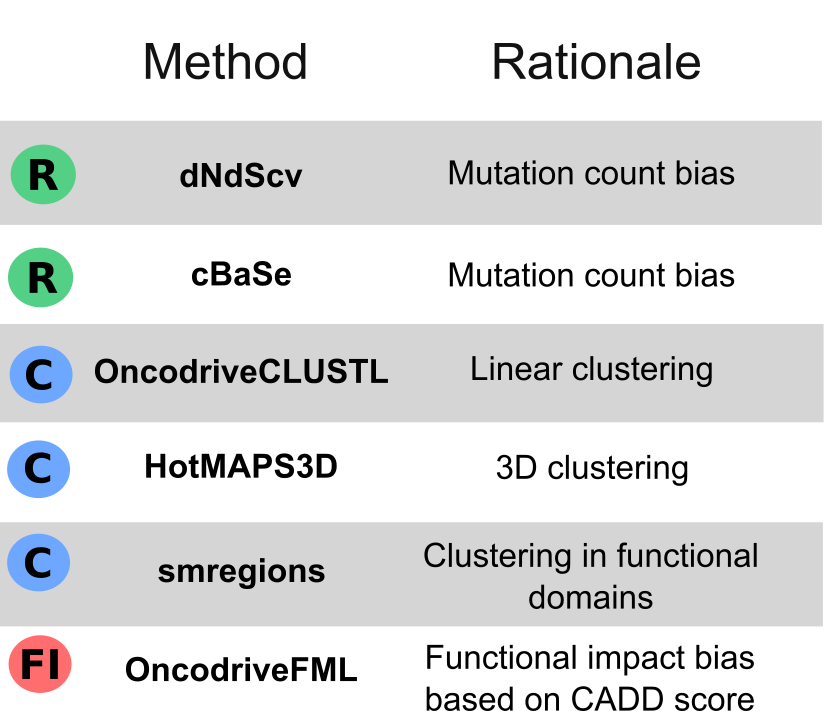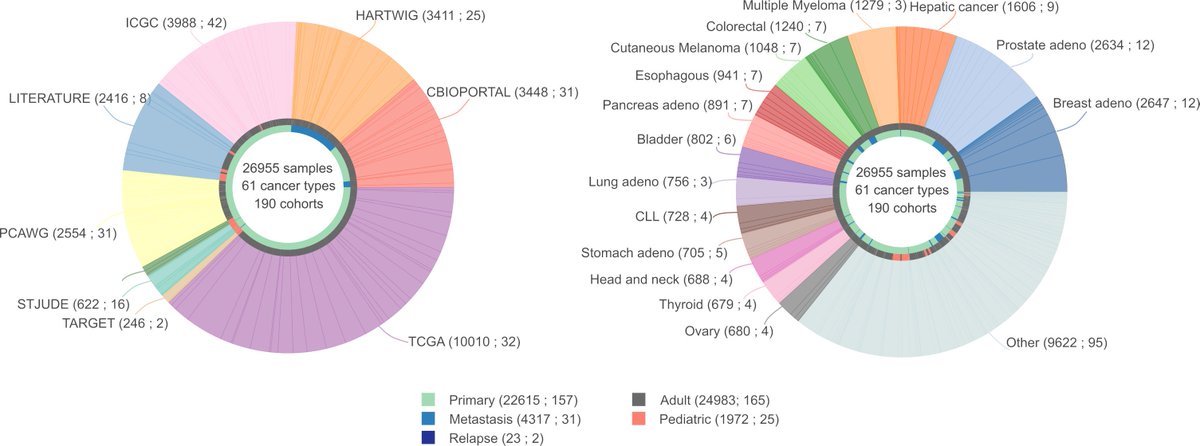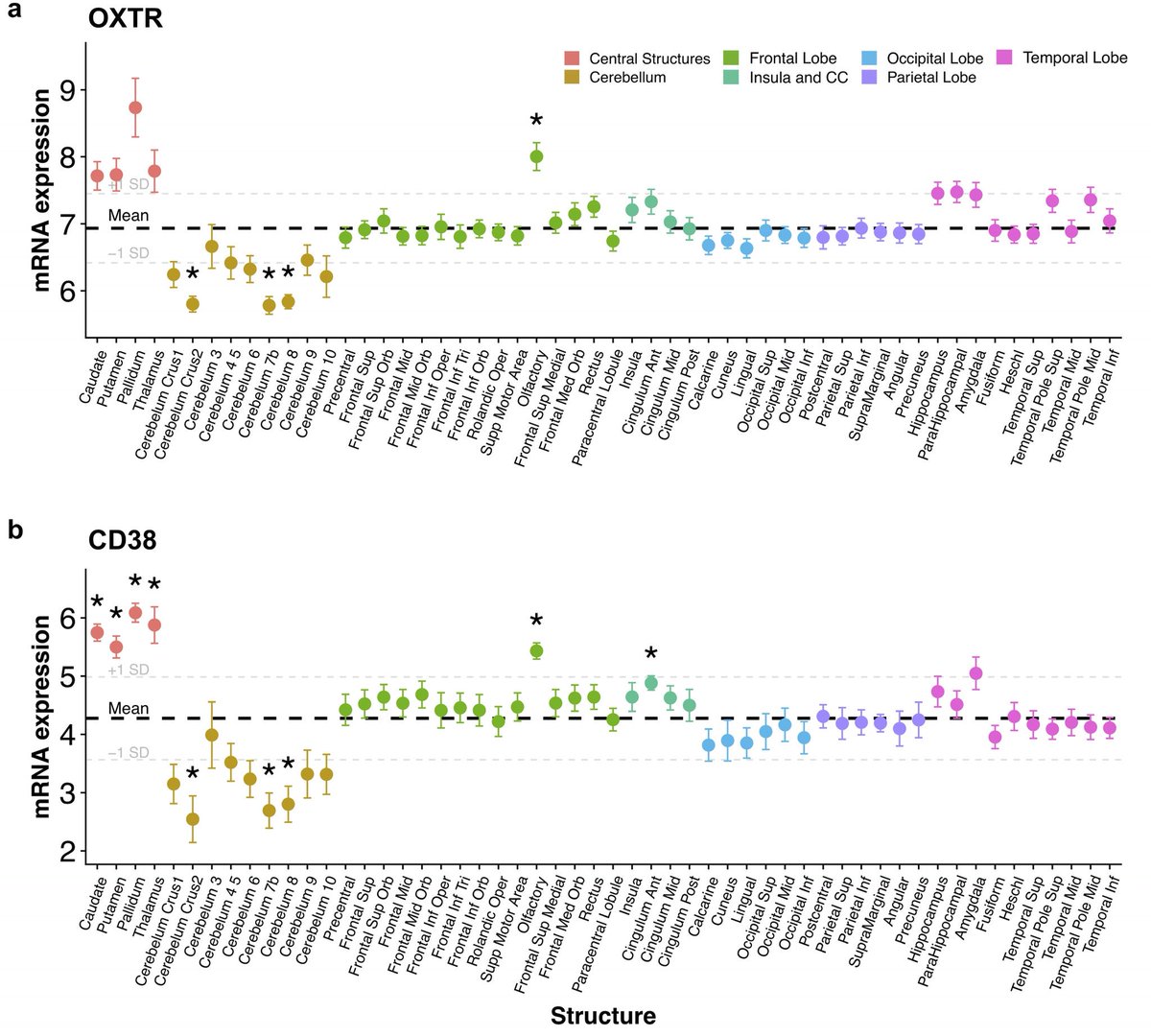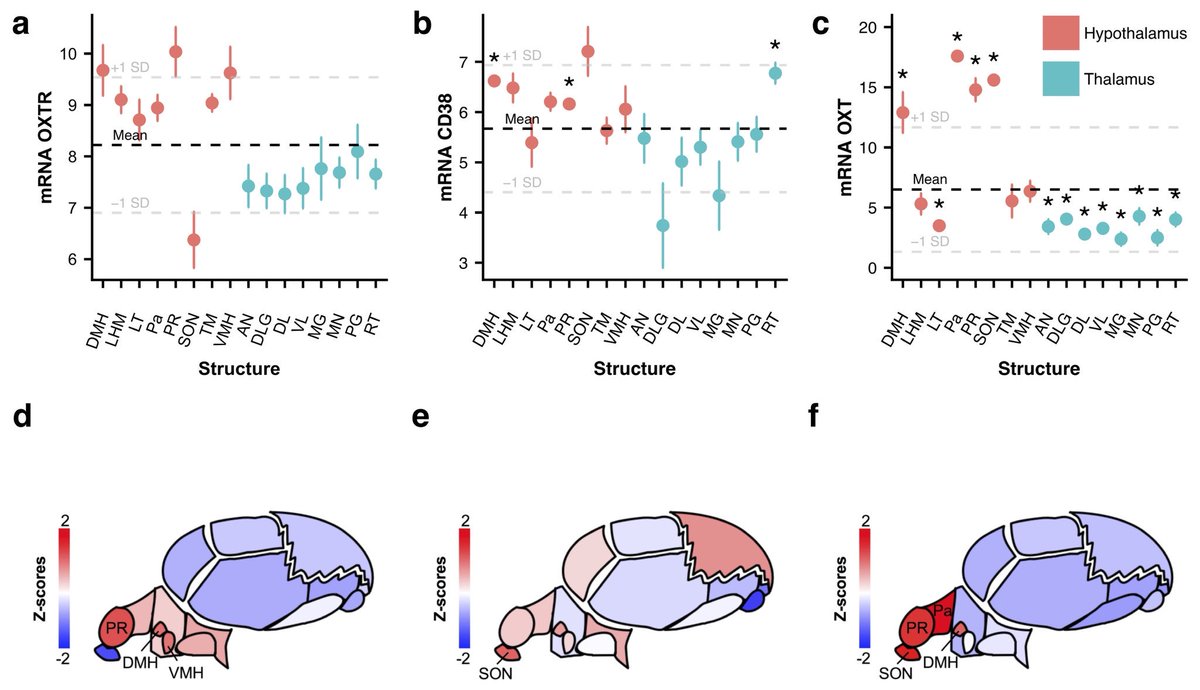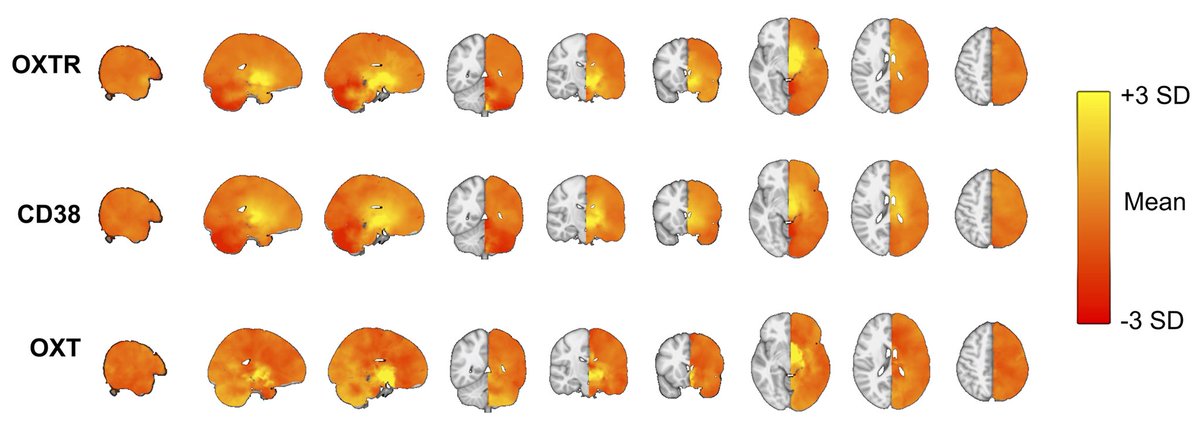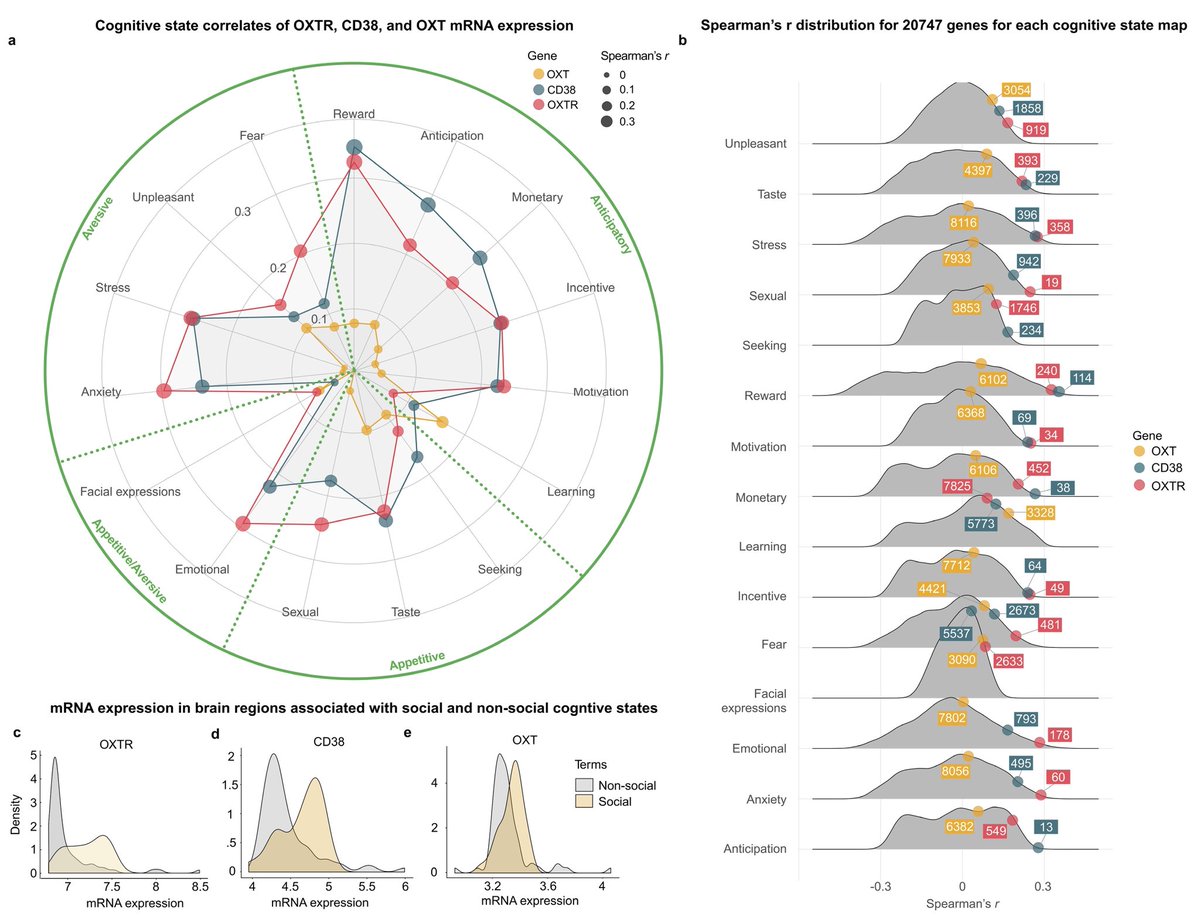doi.org/10.1093/ser/mw…
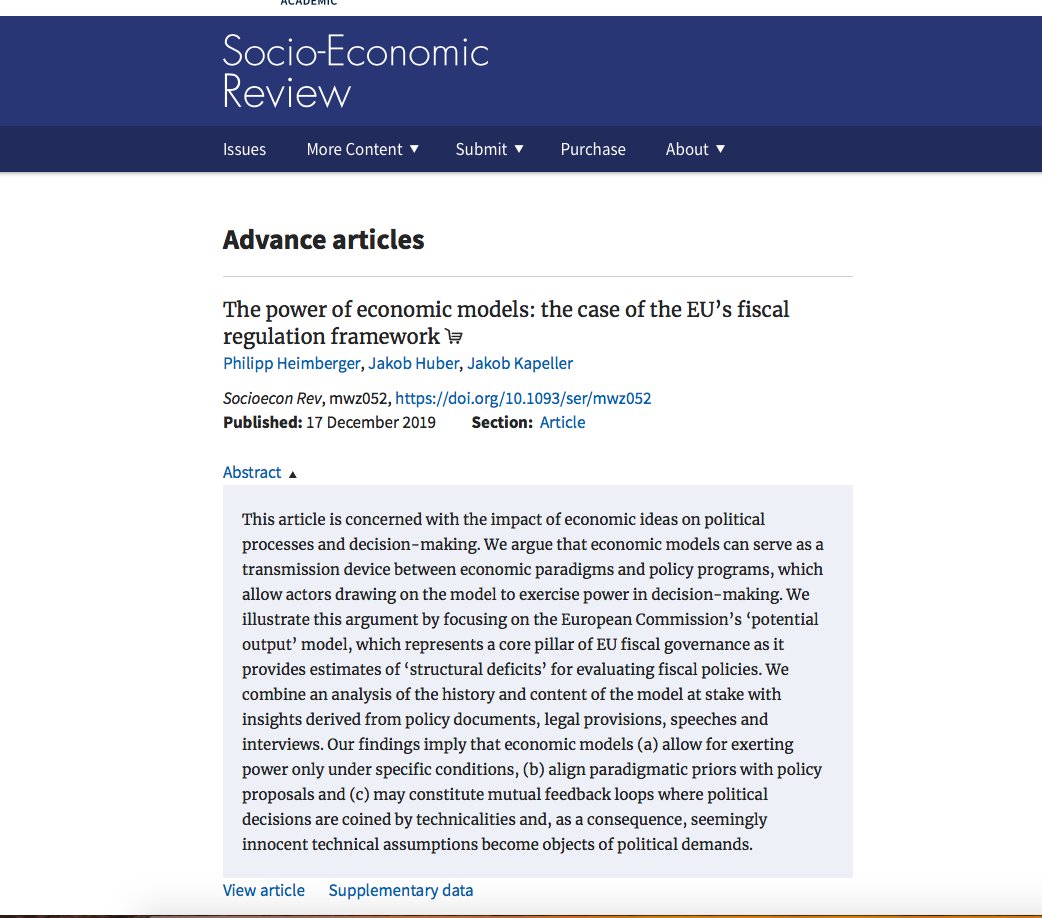
If you want to read the gated paper forthcoming in SER, I am happy to send you the pdf. Just let me know via twitter message or e-mail. /2
researchgate.net/publication/33…

Keep Current with Philipp Heimberger
This Thread may be Removed Anytime!
Twitter may remove this content at anytime, convert it as a PDF, save and print for later use!

1) Follow Thread Reader App on Twitter so you can easily mention us!
2) Go to a Twitter thread (series of Tweets by the same owner) and mention us with a keyword "unroll"
@threadreaderapp unroll
You can practice here first or read more on our help page!






